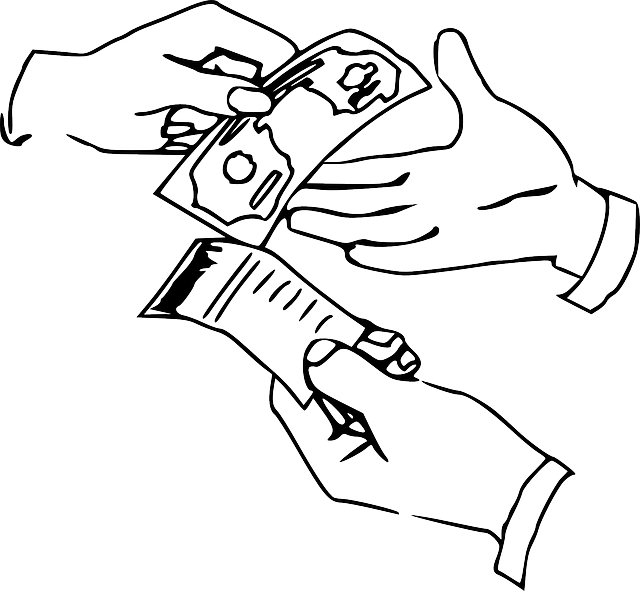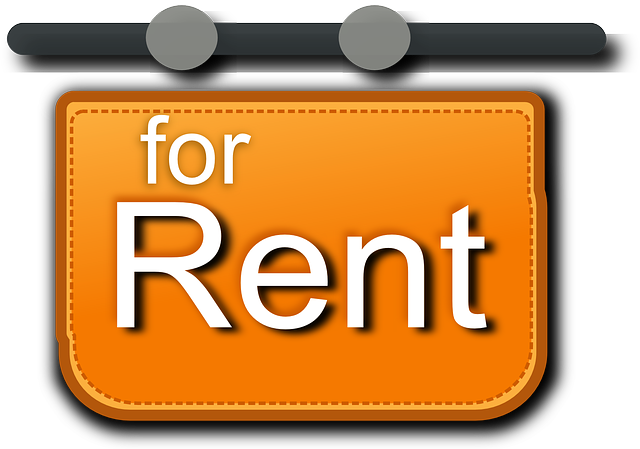
How do you get Internet, and TV, service for my RV?
cannon
- 0
Introduction
If you’re an RV owner, you know that it’s hard to find the bandwidth to connect your rig to the Internet. There are a lot of things out there that make this difficult: the lack of available WiFi networks, expensive cell phone plans with limited data allotments and no unlimited plans for RVs (yet!), and more. But don’t worry! We’ve got some tips for getting connected while living on wheels.
The short answer is that getting connected isn’t easy.
The short answer is that getting connected isn’t easy. The long answer? Well, it involves a lot more detail.
If you’re thinking about using your RV as a place to work remotely or stay connected with friends and family while on the road, then you’ll have to find a way to connect yourself to the Internet.
You can do this by finding an RV park that offers WiFi access (a rare but growing number of parks do), or by signing up for a cell phone plan with unlimited data—but down those paths lies another problem: cost! I don’t know about you, but if I’m going away somewhere, spending money on stuff like Internet service shouldn’t be my top priority when there are so many other things I could spend my money on instead. Sure there are free options out there too (and they’re great), but they often come with limitations such as limited bandwidth speeds or data caps—so again: it’s not ideal if your goal is staying connected while traveling full time in an RV.
A lot of RV parks do offer broadband Internet access to their guests.
A lot of RV parks do offer broadband Internet access to their guests. It’s a popular amenity and something that people are increasingly expecting in the modern age.
Some parks charge extra for Internet access, while others include it with your site fee or campground membership. Some parks will give you free WiFi if you spend a certain amount of time there, but others don’t offer any kind of Internet access unless you rent one of their cabins or rooms with private bathrooms—which can be quite expensive!
Many parks have cell phone towers nearby and will let you pay for data on your phone using the same carrier as at home.
That’s on top of the cost of the park itself, since many RV parks charge extra for WiFi.
This is the first place to start: WiFi is not free, nor is it included in the cost of your RV park. Many parks charge extra for it, while others don’t offer WiFi at all. If you’re looking to save money on camping fees, you’ll want to call around before making reservations at an RV park that can support Internet connectivity. The same goes for areas without good cell service—it’s always better to plan ahead for these things than get stuck with a bad connection or no access at all!
Some people connect to the internet on their RVs by using a cell phone plan.
If you have a cell phone, it’s a very good idea to use that as your primary Internet connection. Most people have them anyway, and once you’ve paid for the data plan and phone service (which are separate things), they’re relatively inexpensive.
Using a cellular data plan gives you access to the internet anywhere there is coverage. This means that if you’re traveling through an area with no Wi-Fi hotspots, but still have cell service, all of your devices can still get online.
But there are some downsides to this approach.
But there are some downsides to this approach. For one thing, it’s expensive—your cell phone provider will likely charge you extra for the data you use. And because most RV parks have Wi-Fi, it might not be necessary to get satellite Internet service at all. Also, if you have an unlimited data plan and use your phone as a hotspot while traveling in your RV (which is increasingly common), this option can be slow and unreliable.
If you don’t have a cell phone plan with an unlimited data plan, doing this can get expensive in a hurry.
If you don’t have a cell phone plan with an unlimited data plan, doing this can get expensive in a hurry.
Most providers charge $10 per gigabyte (GB) of data used over the baseline amount your plan includes. Some people don’t know that they’re hitting those limits until they’ve exceeded them and are hit with overage charges.
The good news is that some providers offer unlimited plans—but those can be pricey and may only cover some devices; others limit the amount of streaming video you can watch.
To ensure that you don’t get stuck with unexpected charges, check how much your provider charges for extra usage before signing up for service. If it’s too high, consider switching to another provider or upgrading to an unlimited plan so that you never have to worry about going over your limit again!
And once you use up all your data, you’re out of luck until your next billing cycle begins.
If you’re like me, you might think that the best option is to get an internet plan specifically for your RV. After all, it’s going to be your home for a while, so it should have everything you need. But there are some drawbacks:
- You’ll have to pay extra for the data plan.
- And once you use up all your data, you’re out of luck until your next billing cycle begins. If you’re staying in one place for more than a week or two—and especially if there isn’t any WiFi available nearby—that could result in spending hours trying to figure out what happened and how much money was wasted. Not fun! So my suggestion is this: instead of getting an internet service specifically designed for RVs (or even just mobile devices), just get yourself a cell phone with unlimited data and unlimited text messaging so that if anything happens while away from home then at least there will always be something available within reach when needed most–but only if possible within budget limits too! That way at least there will always be something available when needed most–but only if possible within budget limits too!”
One way around this problem is to use WiFi whenever you’re at an RV park with WiFi available, and switch over to your cell plan’s data when you’re not in range of any WiFi networks.
One way around this problem is to use WiFi whenever you’re at an RV park with WiFi available, and switch over to your cell plan’s data when you’re not in range of any WiFi networks.
This is a great solution because it lets you choose where you want internet access. You can surf the web while camping in the woods, then head into town to check out what’s happening at the local cafe without worrying about whether or not they have a WiFi network set up.
There’s also the question of whether the RV park offers decent Internet speeds in the first place.
There’s also the question of whether the RV park offers decent Internet speeds in the first place. Some parks have better coverage than others, and some offer faster speeds than others. If you’re going to be paying for WiFi, it’s worth checking how much you’ll be paying per day or per month. As with any service, prices vary depending on where you live and what kind of connection you’re looking for (you can check out [this site](https://www.speedtest.net/international/) for more information on different speeds).
Others depend on a satellite dish or antenna for TV, but these can be very expensive options and require some setup work if you want them to work well.
You might consider a satellite dish or antenna to get TV, but these can be expensive options and require some setup work if you want them to work well. Both are also not very reliable, so it’s important to understand this before buying one of these services.
Satellite dishes and antennas can interfere with other people’s signals, which means that if someone else in your area has an antenna or satellite dish on their roof (which is possible), then yours might not work as well. These services can also be stolen by people who want them for themselves – so make sure you have insurance coverage in case anything happens to your service!
It’s not easy to get connected while you’re on the road
Getting connected while you’re on the road isn’t easy.
- Finding WiFi can be difficult, especially if you’re not in an urban area.
- Data plans for your cell phone are expensive and can be limited in data usage, which means that heavy surfing can get expensive quickly.
- Satellite dishes are hard to install and get working reliably in a moving vehicle. And they’ll work only if there’s a clear view of the southern sky from where you park. Many campgrounds have no satellite dish reception at all—or only partial reception—and many RV parks don’t offer it as an option for their customers either (though some do).
Conclusion
So, there you have it. If you want to stay connected on your RV trip, there are some options out there for you. But they’re not all that great and require a lot of work from the user’s side. It’s also important to note that most people don’t think about this kind of thing until after they’ve already started their trip—so if you’re planning on going off-grid in your RV or mobile home soon, make sure you know what kind of internet access is available at the campsite before booking!
Related
Post Disclaimer
The information contained in this post is for general information purposes only. The information is provided by me and while we endeavor to keep the information up to date and correct, we make no representations or warranties of any kind, express or implied, about the completeness, accuracy, reliability, suitability or availability with respect to the website or the information, products, services, or related graphics contained on the post for any purpose.

